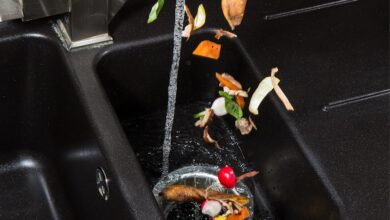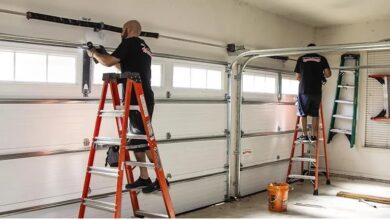The Transition to an Eco-friendly Lifestyle

The second season of The Politician is out on Netflix. The show is about Payton, a rich kid whose life-long ambition is to become the president of the United States. He joins the senatorial race with the advocacy to save the environment from devastation. In his campaign, he teams up with Infinity, who has recently started a zero-waste lifestyle.
Together with her alliance is a list of things Payton and his staff need to practice so they could walk the talk. The list includes quite extreme practices such as boiling one’s used to shower to make it palatable for drinking.
Some people have taken it on to themselves to practice an eco-friendly lifestyle. Some, like Infinity, are living a zero-waste lifestyle, bringing their containers to bulk stores, and avoiding any kind of packaging. Some have turned vegan to reduce the carbon emissions that result from meat production.
Eco Lifestyle as a Privilege
However, others contend that an eco-lifestyle is for the privileged. A New York fashion model, Renee Elizabeth Peters, raises a good point: Most people do not have the time and money to practice a sustainable lifestyle.
They do not have extra time to prepare vegan meat. Things marketed as “organic” and “natural” are more expensive. Eco-friendly alternatives are found online or in stores that might not be in their area.
One example of this is the sachet culture. It is easy to say that corporations should stop making sachets altogether. However, low-income families purchase goods in sachets because they are what they can afford at the moment. Take that away, and what are they left with?
As more people get on the green train, inclusivity is important. If a movement does not include low-income families and other marginalized groups, is it really a movement?
The Transition to An Eco-friendly Lifestyle
On the bright side, those who have the means and the perseverance to take this eco-friendly path, getting on board slowly but surely is welcome.
- On the zero-waste movement, they can start with reusing bottles to refill when stocks run out. Zero waste does not have to be pretty. You do not need new mason jars and containers because the idea of zero waste is to reuse and recycle. From there, you can work your way into rejecting practically anything that has plastic packaging. Your waste should be biodegradable so that you can bury it in a worm crate or your compost later on.
- You can use your bike as your means of transportation to avoid producing harmful gases.
- You can transition to being vegan by eating more greens and shifting to plant-based everything. You can take away meat from your diet one-by-one.
- If you are ready for a much bigger and more expensive shift, you can change to renewable energy. It is understandable that renewable energy, like solar power, can cost a lot, but solar financing is available. By taking out this loan, the savings you get from electricity goes to pay off the panels slowly.
Transitions are difficult. They need commitment and patience, but they are still doable. A sustainable lifestyle does not have a single face. It can be different for everyone, as everyone is going through their own changes.



